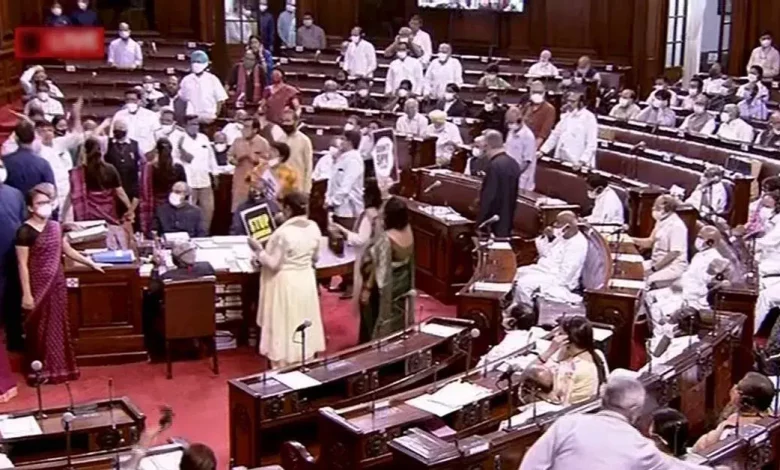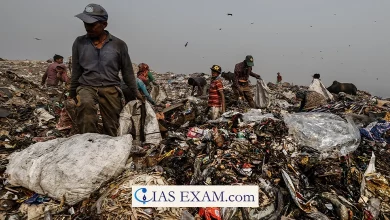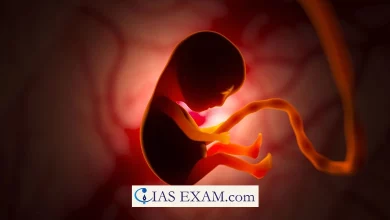Daily Current Affairs for UPSC
Suspension of Members of Parliament (MPs)
Syllabus- Polity [GS Paper-2]

Context- 14 opposition parliamentarians were expelled from the Lok Sabha for the rest of the winter session of the Parliament for defying the instructions of the Speaker and disrupting the working process of the Parliament.
Who can suspend MPs, and for How Long?
- Dismissal is a disciplinary measure applied to a member of parliament who violates the rules of parliament.
- The Speaker of the Lok Sabha or the Speaker of the Rajya Sabha has the power to recall members.
- The rules and procedures governing the recall of Members of Parliament are laid down in the Rules and Procedures of the Lok Sabha and Rajya Sabha.
- Grounds: Dismissal can be based on unruly behavior, violation of house rules or any other act that violates parliamentary etiquette.
Rules in Lok Sabha
- Rule 374: The Speaker may appoint a member, if he deems it necessary, who disregards the powers of the Speaker or abuses the rules of the House and persistently and willingly obstructs its functioning.
- Rule 374A: In 2001, Rule 374A was added to the statute. The goal was to avoid the need to move and delay. A member who persistently and deliberately violates the regulations of the Riigikogu by shouting slogans or disrupts his work in any other way, will be automatically removed from the service of the Parliament during five consecutive sessions or for the rest of the term of office after appointment as a member of parliament.
Rules in Lok Sabha
- Rule 255: As the Speaker of the Lok Sabha, the Speaker of the Rajya Sabha has the power to immediately leave the House of any member whose behavior he considers seriously disruptive.
- According to Rule 256: The President can appoint a member who violates the procedure. Parliament can agree on a proposal to remove the House of Representatives from service until the end of the session.
Can the court intervene in the dismissal of parliamentarians?
- According to Article 122 of the Constitution, parliamentary proceedings cannot be questioned in court.
- In some cases, however, the courts have intervened in the procedural actions of legislators.
Restrictions on MPs after resignation
- An expelled Member of Parliament is prohibited from entering the premises of the Parliament during the dismissal. This means they cannot participate in discussions, debates or voting.
- An expelled Member of Parliament may lose certain parliamentary privileges upon dismissal, such as the right to participate in committee meetings or other parliamentary activities.
- He is not allowed to announce the conversation or transmission. He loses the right to receive answers to his questions.
Source: The Hindu





.png)



